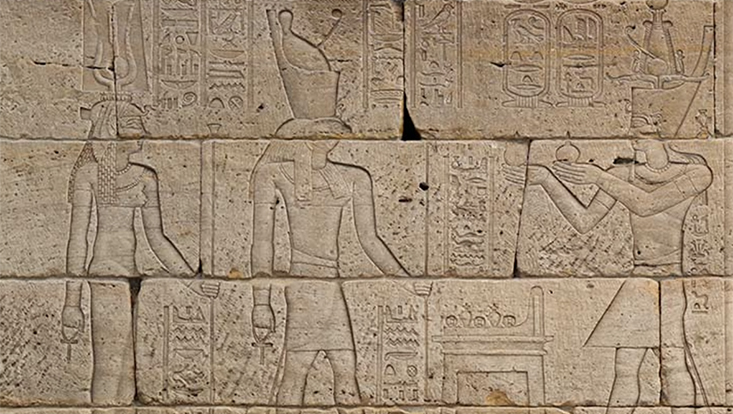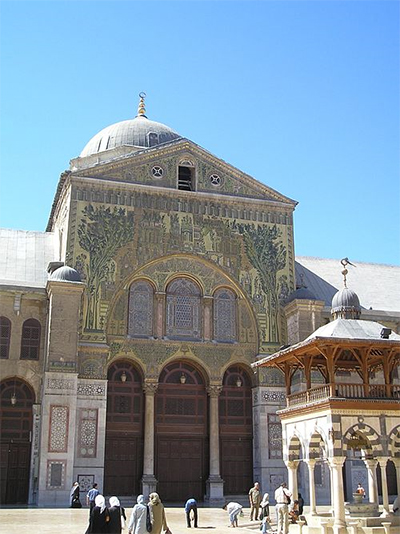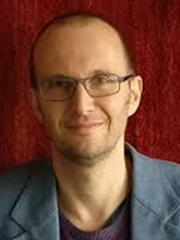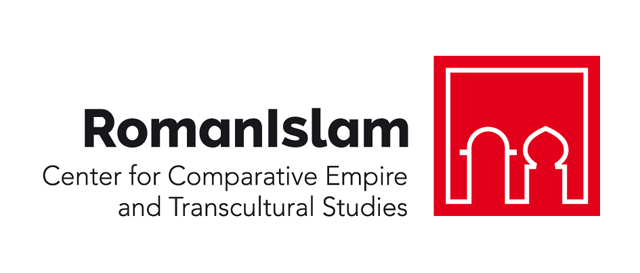Religions and Empires II
How Can Imperial Cohesion be Created?
The early Roman Empire was not conceived as an empire of a salvation faith with an outlook of a Day of Judgment and the promise of an afterlife. Romanization began centuries before the rise of Christianity. It was not until the fourth century that Christianity, a non-ethnically bound salvation religion, strengthened the weakened structures of the Roman Empire by providing a new, religiously inspired cohesion. Those ancient religions were nevertheless crucial to the initial Romanization process. These religions manifested themselves in public and private rituals, providing worshipping communities with cohesion under the watchful eyes of the divine. However, those rituals were bound to places of worship and were therefore mostly city-based. Although gods and rituals proliferated through the migration of armies, playing a role in the Romanization of conquered Mediterranean lands and beyond, they did not provide the empire with a unified identity. There were a few attempts by emperors to influence and converge these ritual systems for the political needs of the empire.
The Islamic Empire experienced a simultaneous conquest and spread of a religion of salvation. Islam quickly lost its main ethnic boundaries through conversion, clients, and slavery. Despite being anchored in the rituals and places of worship of the Prophet in Mecca and Medina, Islam transcended those locations. As a religion of salvation, Islam found fertile ground prepared by Christianity in the Mediterranean and Zoroastrianism in the Iranian world. From its inception, Islam served as the primary means of imperial cohesion and culture for an Arab and then multi-ethnic elite. It was the driving force of cultural acculturation or Islamication, a term parallel to Romanization. However, the relationship between religion and Islam was not that simple.
This back-to-back lecture is a continuation of our January 15, 2025, debate about religion and empire. During that debate, we examined the dynamics of religions within the empire, the Mazdean religion in early Islam, and the use of millennialism in Byzantium and the early Islamic empire. Have a look at the talk of Prof. Dr. Garth Fowden and Prof. Dr. Hayrettin Yücesoy in our mediathek.
Empire, Cities and Rituals: The Limits of Control in the Roman Period by Prof. Dr. Greg Woolf
 The management of public ritual, and rare attempts to control private ritual action, were conventionally vested in the institutions of the Roman city state. The Republican senate and the emperors made occasional attempts to extend their influence over rituals performed in other places, but mostly they were unsuccessful. The result was that the Principate was characterised by a wide range of ritual systems some converging on Roman norms, others more on local traditions. Few attempts to create larger scale systems of discipline can be detected before the third century CE.
The management of public ritual, and rare attempts to control private ritual action, were conventionally vested in the institutions of the Roman city state. The Republican senate and the emperors made occasional attempts to extend their influence over rituals performed in other places, but mostly they were unsuccessful. The result was that the Principate was characterised by a wide range of ritual systems some converging on Roman norms, others more on local traditions. Few attempts to create larger scale systems of discipline can be detected before the third century CE.
 Prof. Dr. Greg Woolf (ISAW) has since 1st January 2025 been Leon Levy Director and Professor of Ancient Mediterranean Studies in the Institute for the Study of the Ancient World at NYU
Prof. Dr. Greg Woolf (ISAW) has since 1st January 2025 been Leon Levy Director and Professor of Ancient Mediterranean Studies in the Institute for the Study of the Ancient World at NYU
Before taking up this position he was Ronald J. Mellor Distinguished Professor of Ancient History at UCLA; before that Director of the Institute of Classical Studies at London; and before that Professor of Ancient History at the University of St Andrews.He has degrees from the universities of Oxford and Cambridge and has taught and held fellowships at both.
Woolf specializes in the economies, cultures and societies of the ancient Mediterranean, particularly the Roman Empire. He has written monographs on cultural change in the Roman provinces, on ancient ethnography, and on the deep history of urbanism, and co-edited volumes on ancient literacy, Roman religion, the city of Rome, ancient libraries and women’s history. The second edition of his book Rome. An Empire’s Story was published in 2022 and he has since co-edited book on Gendering Roman Imperialism and Sanctuaries and Experience. Current projects include writing up the Townsend Lectures which he gave at Cornell in 2018 on how Roman Cultures Changed, and the Sather Lectures which he gave at UC Berkeley in Fall 2022 on Seasonality and Society in Rome. He is also writing a book on human mobility in the Roman world.
Much of his work combines historical and archaeological material. He is a former editor of the Journal of Roman Studies and is currently Editor-in-Chief of the Journal of Roman Archaeology. He is a Fellow of the British Academy, of the Societies of Antiquaries of Scotland and of London, and a Member of Academia Europea, and has held various visiting fellowships in Europe and the Americas.
Empire through Religion? Religion through Empire? by Prof. Dr. Lutz Berger
 It seems to be common knowledge that the empires of late antiquity were "empires of faith". Certainly, late antique empires tended to cloak themselves in religious garb, or at least to seek religious legitimation. But a closer look reveals that the relationship between religion and empire is much more complicated, even in the seemingly obvious case of Islam. As this paper will argue, it is as much the absence of religion as its presence in the political practice of the early Muslim polity that enabled its expansion before 700 AD. Moreover, within the Muslim community, religion was as much a destabilising factor as a stabilising one. Yet, should not overestimate the role of religion as a root cause (as opposed to a form of expression) of political discontent.
It seems to be common knowledge that the empires of late antiquity were "empires of faith". Certainly, late antique empires tended to cloak themselves in religious garb, or at least to seek religious legitimation. But a closer look reveals that the relationship between religion and empire is much more complicated, even in the seemingly obvious case of Islam. As this paper will argue, it is as much the absence of religion as its presence in the political practice of the early Muslim polity that enabled its expansion before 700 AD. Moreover, within the Muslim community, religion was as much a destabilising factor as a stabilising one. Yet, should not overestimate the role of religion as a root cause (as opposed to a form of expression) of political discontent.
At the same time, we can safely assume that the initial growth of Islam as a world religion was underpinned by imperial power. Although other factors, such as trade networks, allowed Islam to expand in the absence of empire (or at least political power), it nowhere became or remained dominant without Muslim political power. This power, however, did not have to be imperial; it could just as easily be built on the ruins of empire. Religion thus was not necessarily the twin of empire, but often its surviving child and heir.
Finally, I would like to address the question of whether the ways in which religion and empire and empire are (or are not) related in the Islamic case are peculiar or rather resemble what might be called a standard pattern.
 Prof. Dr. Lutz Berger (University of Kiel) studied Middle Eastern history and Turkish Central Asian studied at the University of Göttingen. Lectureships in Tübingen and Bochum. Professor of Middle Eastern Studies at the University of Kiel since 2007.
Prof. Dr. Lutz Berger (University of Kiel) studied Middle Eastern history and Turkish Central Asian studied at the University of Göttingen. Lectureships in Tübingen and Bochum. Professor of Middle Eastern Studies at the University of Kiel since 2007.
He has published widely on the history of Islam and on processes of social, cultural and political change and stability in Middle Eastern societies in the pre-modern and modern periods (monographs on classical Sufism, the history of Islamic theology, the cultural history of Syria in the Ottoman period, a social history of the Mediterranean world in the context of the emergence of Islam).


